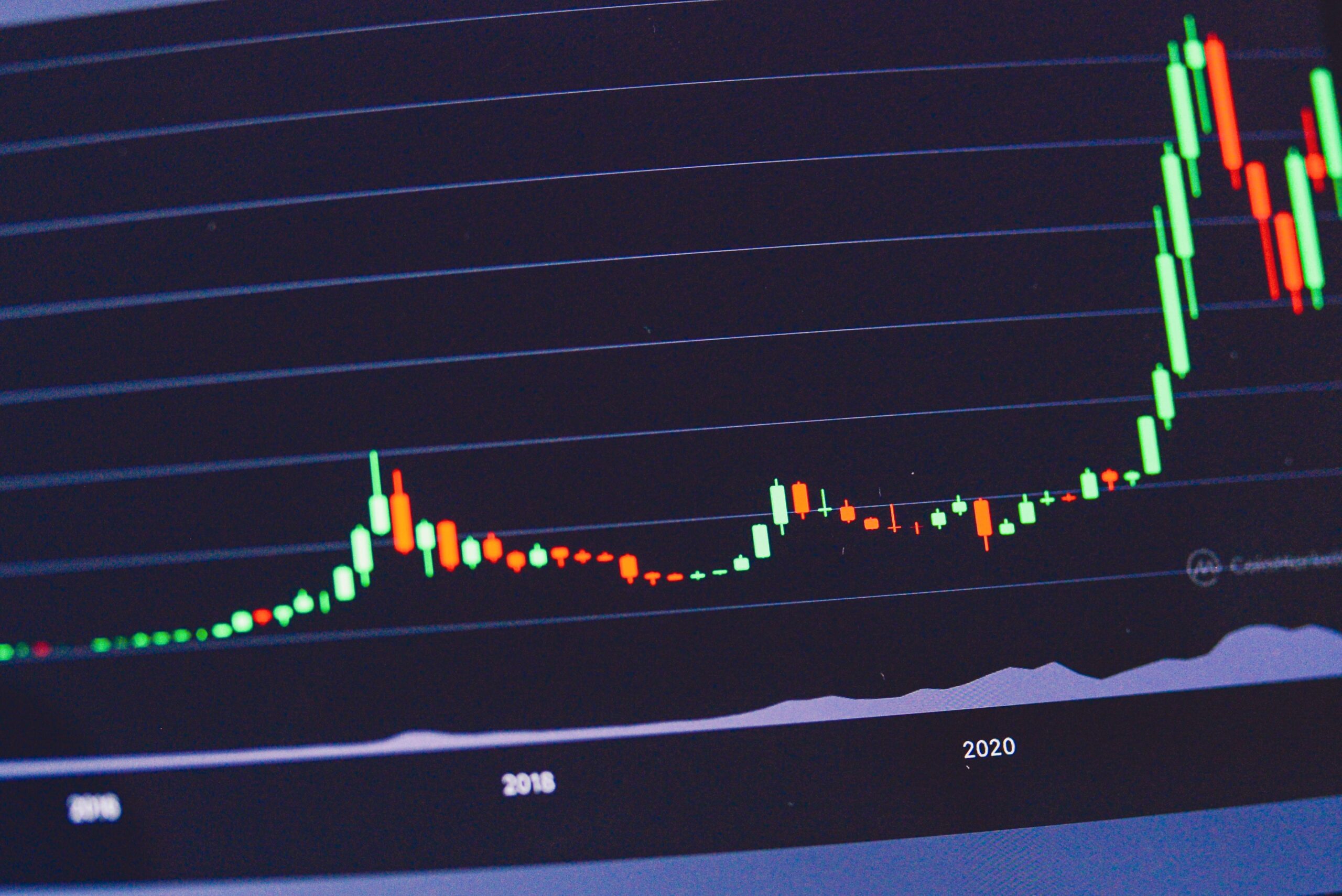
The Impact of Oil Prices on Bunker Fuel Costs
Oil prices play a pivotal role in determining bunker fuel costs, influencing operational expenses and profitability across the maritime industry. This article examines the relationship between oil prices and bunker fuel costs, highlighting the factors that drive fluctuations and their broader implications for shipping companies.
Understanding Bunker Fuel Costs
Bunker fuel, essential for powering marine vessels, constitutes a significant portion of the operational expenses for shipping companies. The cost of bunker fuel is directly linked to crude oil prices, as it is derived from refining processes and closely follows the price trends of crude oil in global markets.
Factors Influencing Bunker Fuel Costs
- Crude Oil Prices: The primary determinant of bunker fuel costs is crude oil prices. Changes in global supply and demand dynamics, geopolitical tensions, OPEC (Organization of the Petroleum Exporting Countries) decisions, and economic factors can lead to fluctuations in oil prices, subsequently impacting bunker fuel costs.
- Refining Margins: Bunker fuel is derived from the residual products of crude oil refining, particularly heavy fuel oil (HFO) and distillate fuels like marine gas oil (MGO). Refining margins, influenced by refinery capacity, operational efficiency, and regulatory changes (such as IMO sulfur regulations), affect the pricing of bunker fuels.
- Exchange Rates: Since crude oil is traded globally in US dollars (USD), exchange rate fluctuations can also influence bunker fuel costs in different currency markets. Changes in exchange rates between major currencies and the USD can impact the purchasing power of shipping companies and ultimately affect bunker fuel procurement costs.
Impact of Oil Price Fluctuations on Bunker Fuel Costs
- Direct Cost Pass-Through: Bunker fuel costs are directly impacted by changes in oil prices. When crude oil prices rise, bunker fuel costs typically follow suit due to increased input costs for refineries. Conversely, lower oil prices can lead to reduced bunker fuel costs, benefiting shipping companies through lower operational expenses.
- Profitability and Financial Planning: Fluctuations in bunker fuel costs directly impact the profitability and financial planning of shipping companies. Volatile oil prices can introduce uncertainty into cost projections and operational budgets, necessitating effective risk management strategies, such as hedging or contractual agreements.
- Competitive Pricing and Market Dynamics: In a competitive market environment, changes in bunker fuel costs influence pricing strategies and competitiveness among shipping companies. Companies that can effectively manage bunker fuel costs may gain a competitive advantage by offering more competitive freight rates or maintaining profitability during periods of heightened fuel price volatility.
Navigating Oil Price Volatility
- Risk Management Strategies: Shipping companies employ various risk management tools to mitigate the impact of oil price volatility on bunker fuel costs. Hedging through financial instruments like futures contracts or options can provide price stability and budget certainty, especially for long-term fuel procurement.
- Efficiency Measures: Enhancing vessel efficiency through technological upgrades, optimized route planning, and operational practices (such as slow steaming) can reduce overall bunker fuel consumption. Improved fuel efficiency not only lowers costs but also mitigates the impact of oil price fluctuations on operational expenses.
- Adaptation to Regulatory Changes: Regulatory changes, such as stricter sulfur emission limits imposed by the IMO, necessitate investments in compliant fuels (e.g., low sulfur fuels like VLSFO) and emission reduction technologies. Adapting to these regulations may initially increase bunker fuel costs but can enhance long-term sustainability and regulatory compliance.
Conclusion
The impact of oil prices on bunker fuel costs underscores the interconnectedness of global energy markets and maritime operations. Shipping companies must monitor oil price trends closely, employ effective risk management strategies, and invest in efficiency measures to mitigate the financial impact of fuel price volatility. As the industry continues to navigate economic uncertainties and regulatory changes, proactive management of bunker fuel costs remains critical for sustainable profitability and competitiveness in the global shipping market.





